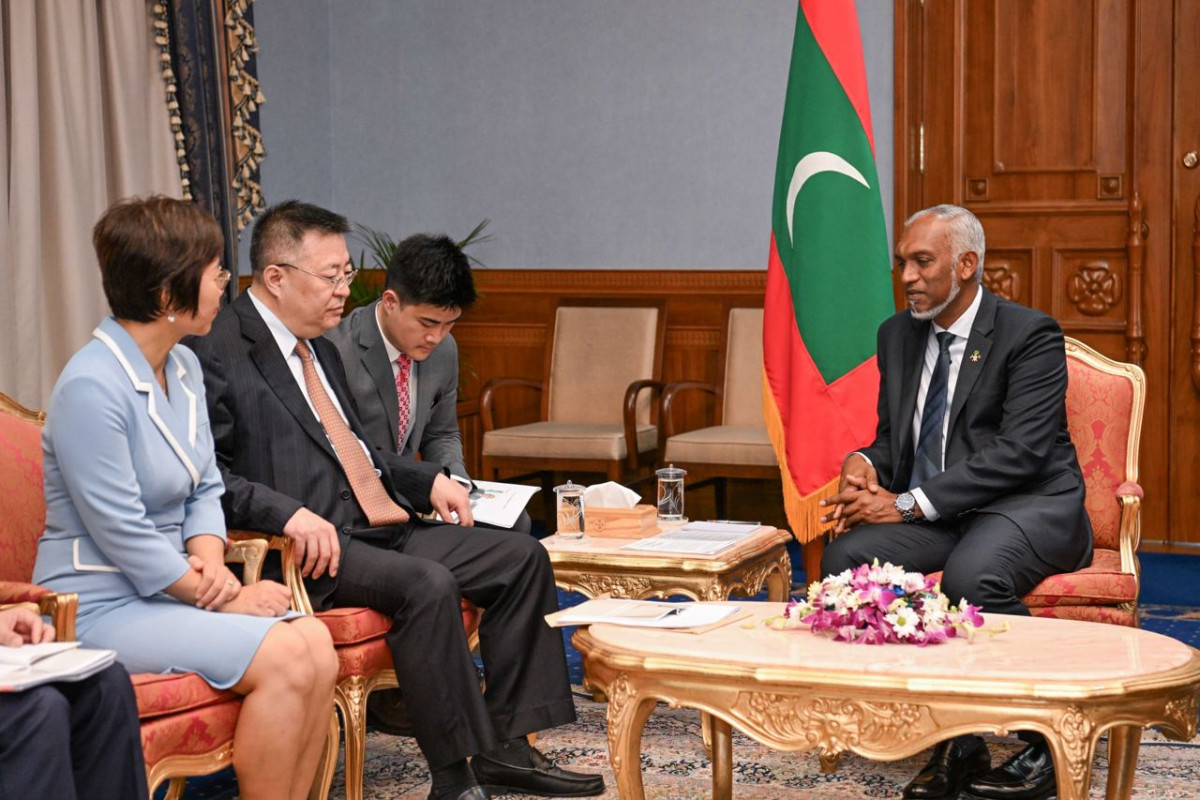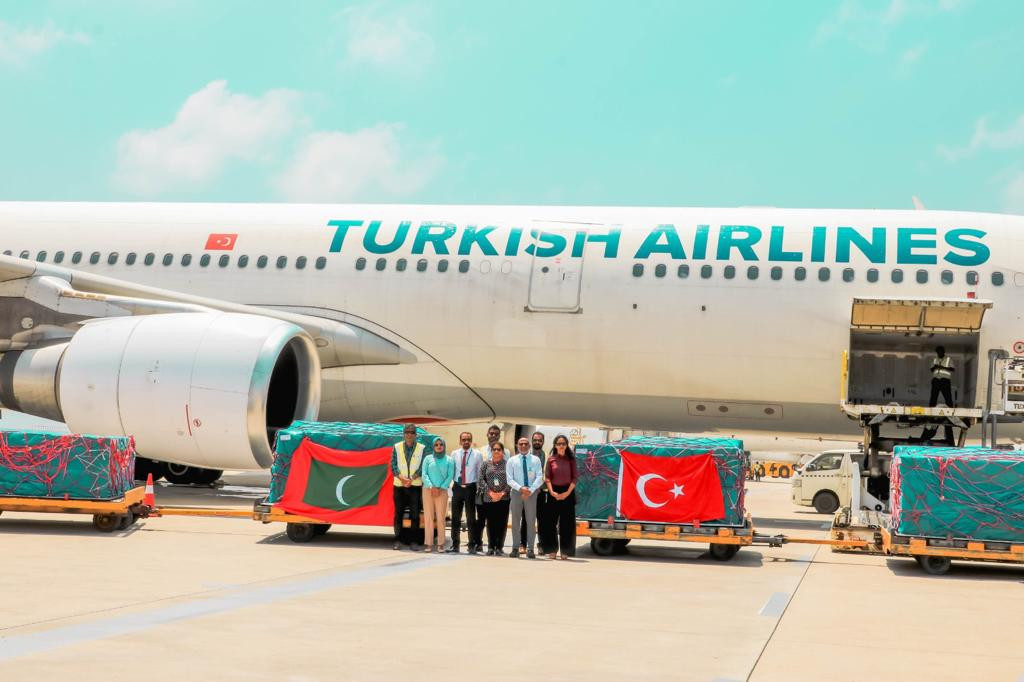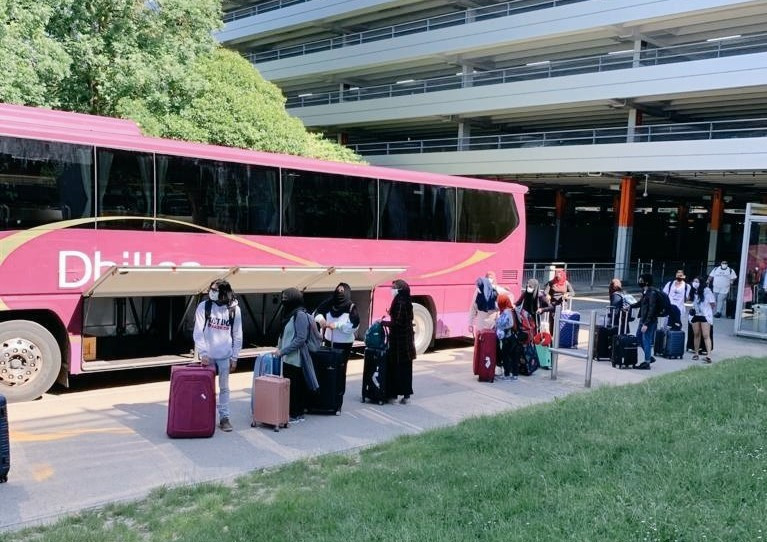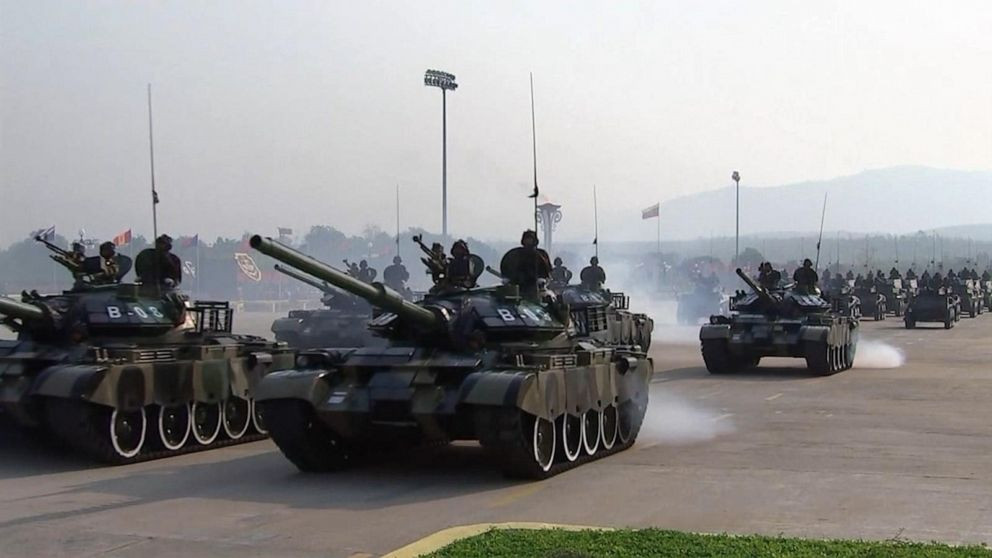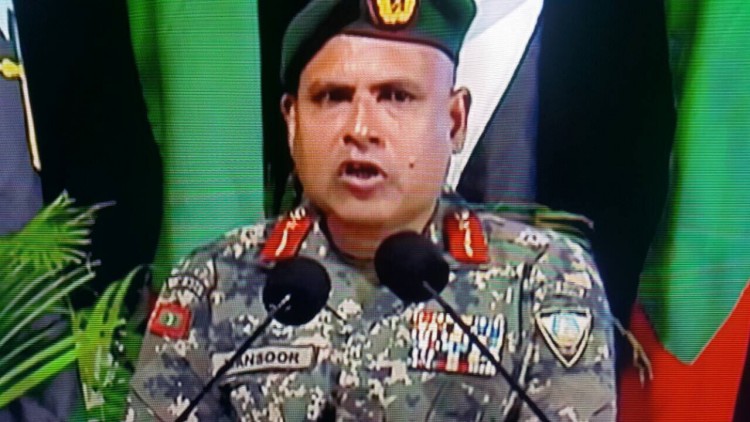How long will Maldives' president keep violating its constitution and laws?
A 15-day state of emergency was declared on 5th February, it as since been extended by another 30 days


President Abdulla Yameen attends the inaugural sitting of parliament on Wednesday night, where he delivered his presidential address
President Abdulla Yameen declared a state of emergency in the Maldives on 5th February, to investigate what he called a “judicial coup”. His half-brother, former President Maumoon Abdul Gayoom, Chief Justice Abdulla Saeed and Justice Ali Hameed were arrested, and accused of attempting to overthrow the government.
According to Article 257 (a) the Maldivain Constitution, “the declaration of a state of emergency shall be submitted to the People’s Majlis within forty eight hours”. This was not done, but during an extraordinary session held on Tuesday, it was announced that the declaration was submitted to parliament on 7th February.
Article 257 (a) also notes that “if the People’s Majlis is not in session at the time of the declaration, it shall be re-called within fourteen days, inclusive of holidays, and the declaration of a state of emergency submitted to the People’s Majlis for approval”. A state of emergency was initially declared after cancelling the inaugural sitting of parliament, slated for 5th February, due to “security reasons”. So an extraordinary session was held on the day before the state of emergency ended, where the government proposed to extend it by an additional 30 days.
This was submitted to parliament on Tuesday, in a sitting boycotted by opposition parliamentarians, and was accepted with 38 votes. They tried to hold a session that night to take a vote, but cancelled it without specifying a reason, and it was held on Wednesday night instead. And we saw the parliament pass to extend the state of emergency, again with 38 votes. 40 MPs attended the session.
However, according to the Maldivain Constitution, Article 87 (b), “voting on any matter requiring compliance by citizens shall only be undertaken when more than half of the total membership of the People’s Majlis are present at the sitting at which the matter is voted upon”. As there are 85 members in parliament, the constitutionally required quorum would be 43.
Parliament defended the decision, and said that the extension was passed under a procedure that does not require a quorum, and sought an opinion from Supreme Court. The Court has since ordered to follow the extension, until it makes a decision on the matter. This was by the three remaining justices at the Supreme Court, following the arrest of Saeed and Hameed. These three, who had somehow survived the repercussions of the so-called attempted judicial coup, as they were “persuaded” to issue the ruling, while the other two were “bribed” to do so.
Let us also not forget that it was these three judges, who, on 18th February, ruled to delay the implementation of its ruling on 1st February, to reinstate the 12 opposition parliamentarians who were unseated by the Elections Commission in 2017, for floor-crossing. Lo and behold, a special parliament sitting was scheduled for the very next day. Who could have predicted that?
On Wednesday, reports broke that Prosecutor General Aishath Bisham does not believe that the state of emergency extension is constitutional, and has asked the police to release those arrested following the declaration on the 5th. There are reports that lawyers at the Attorney General’s office agree with Bisham as well. These reports have not been officially confirmed by those involved, but credible sources have confirmed it to RaajjeMV.
However, there are still a few people who are able to keep a straight face and say that the president has not done anything unlawful, and it begs the question: where will these people draw the line?

